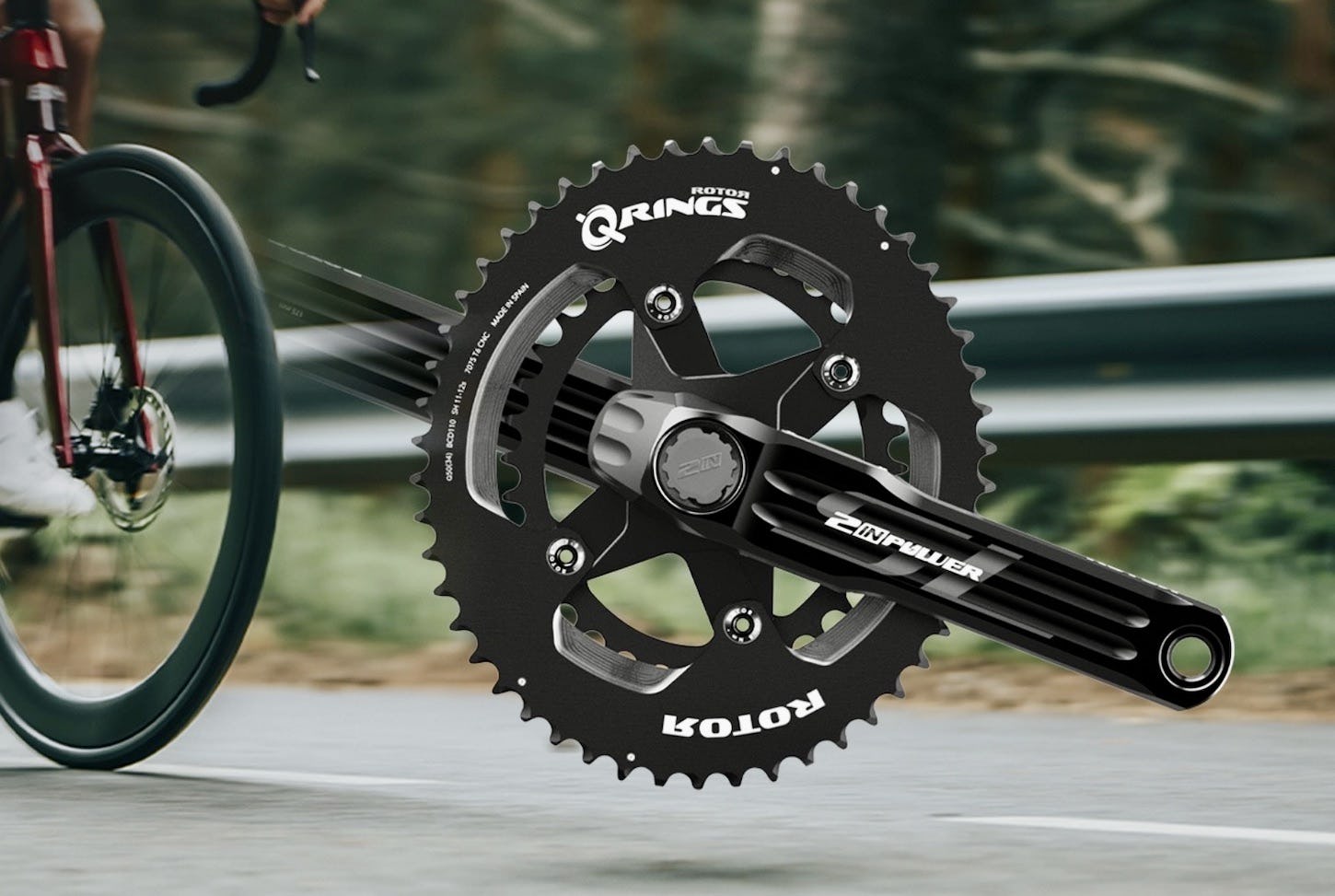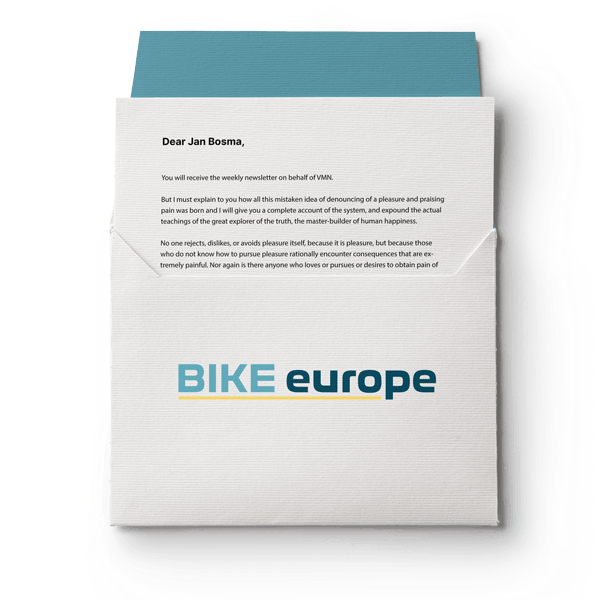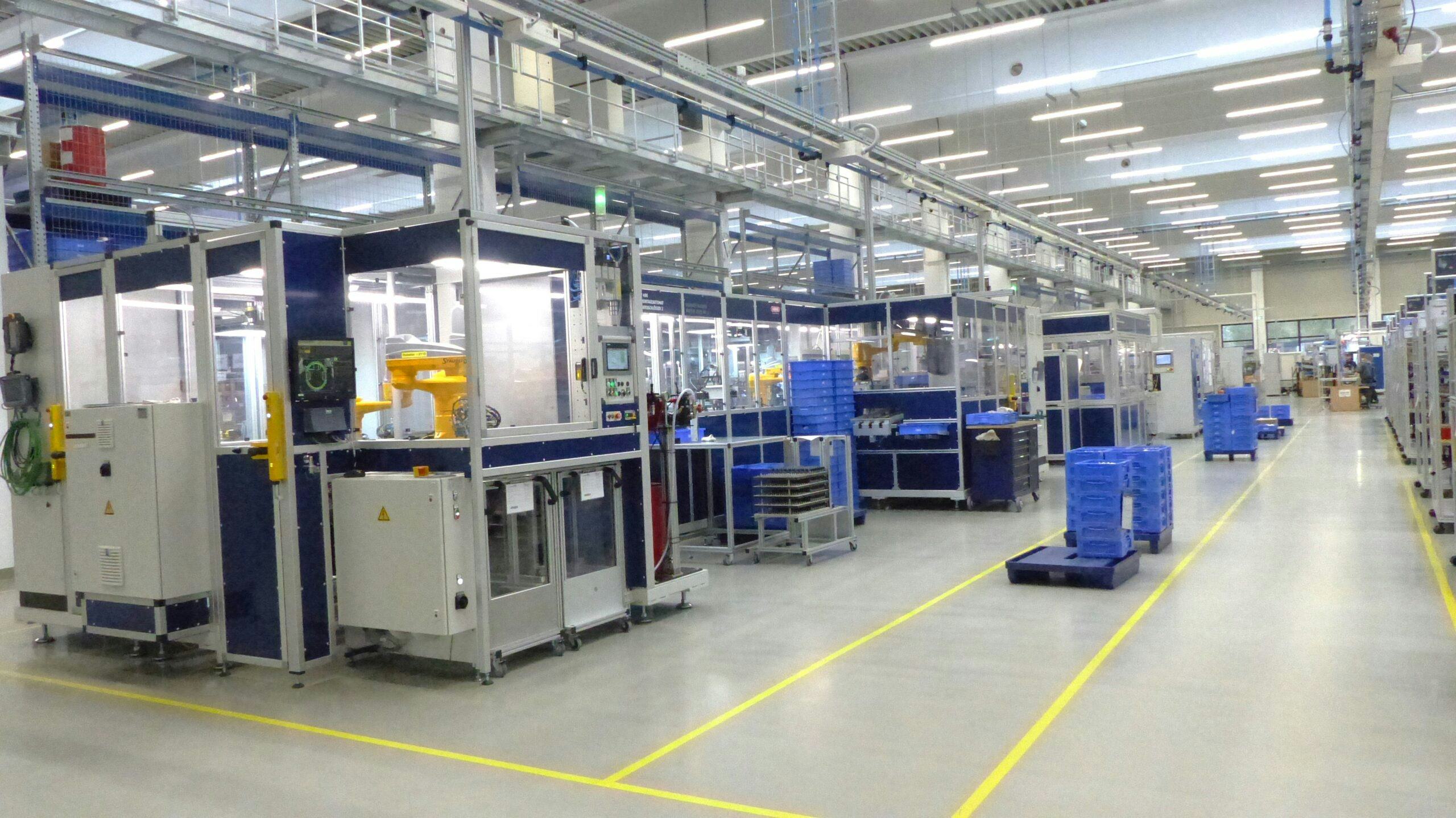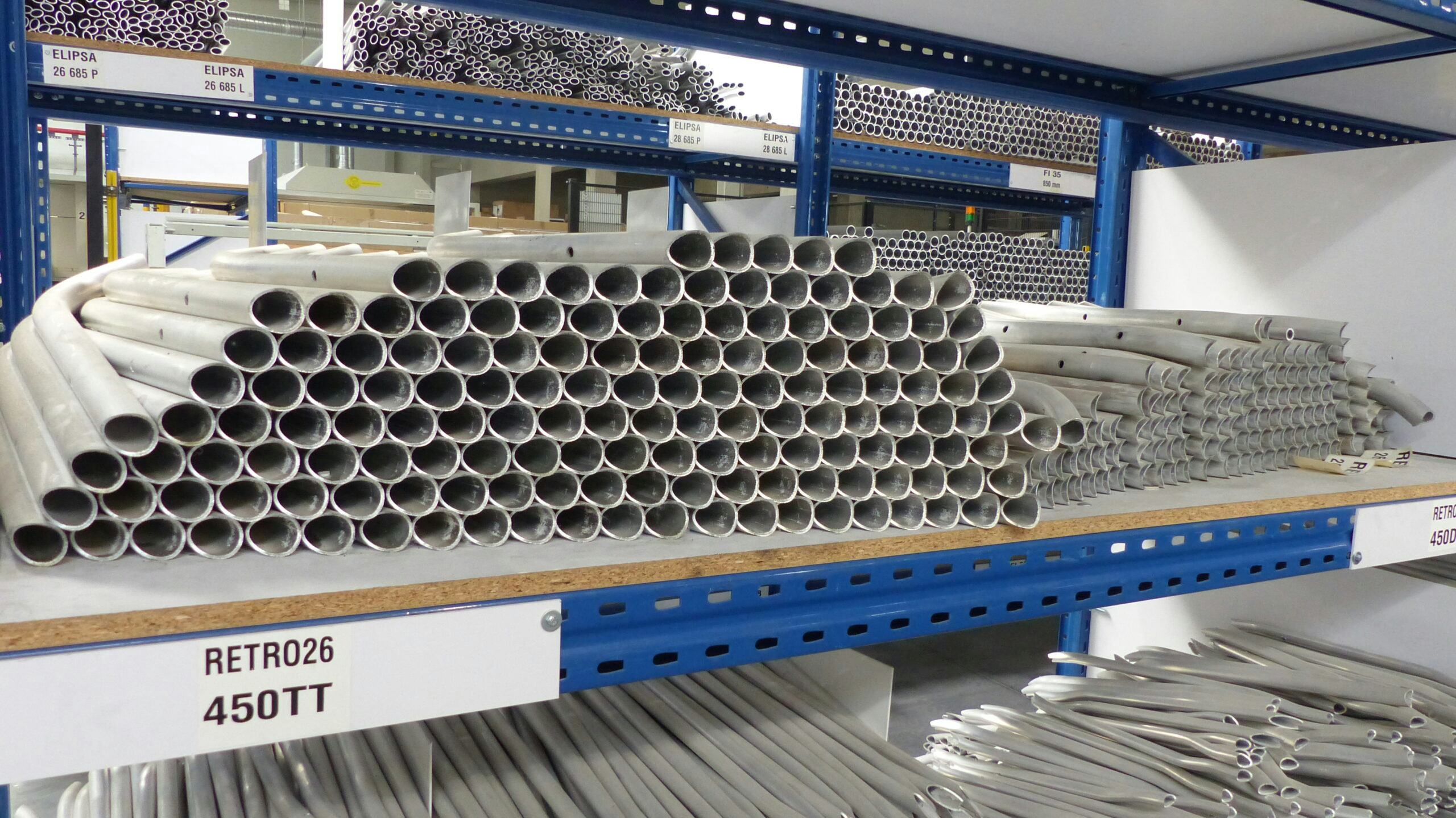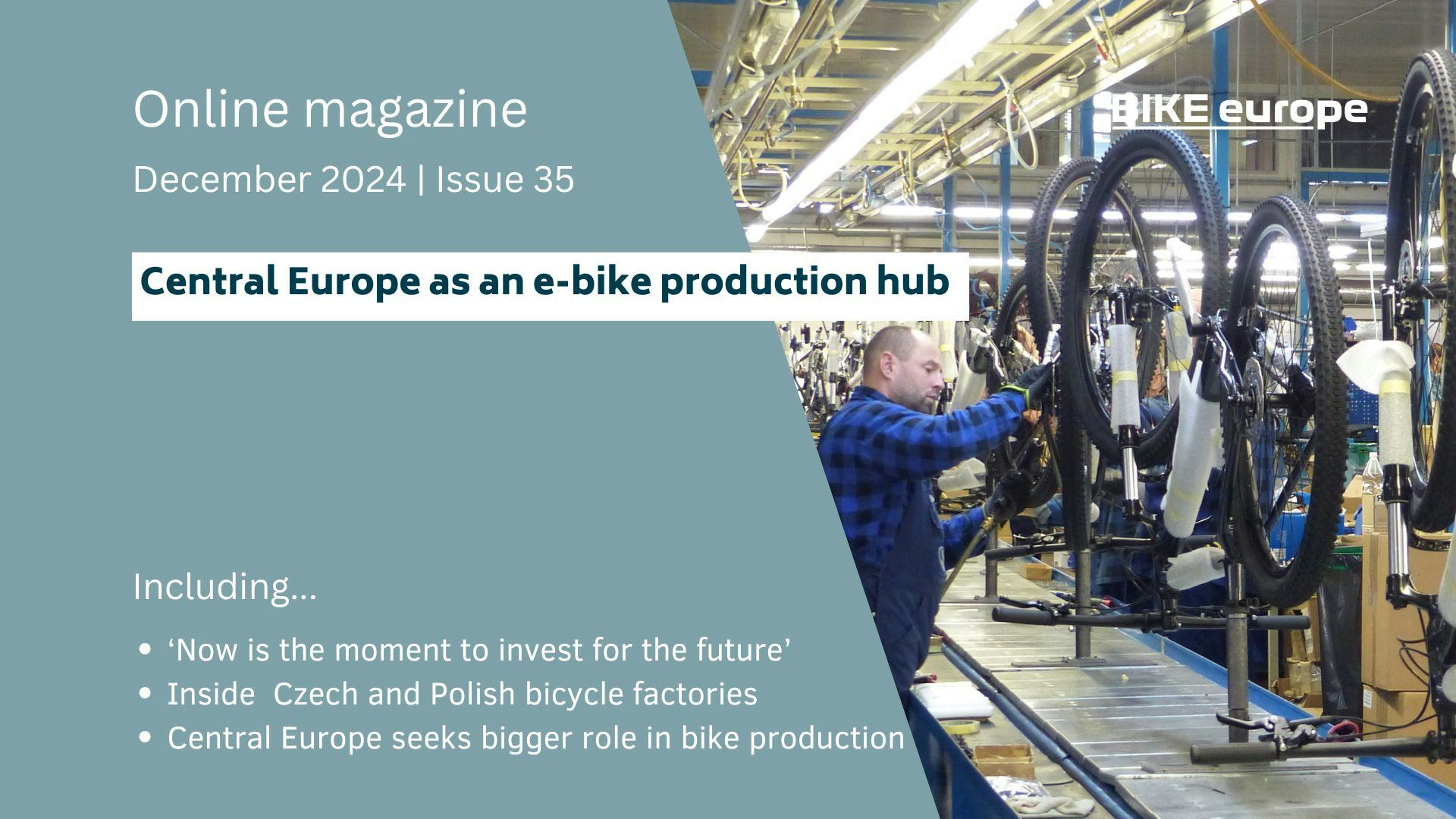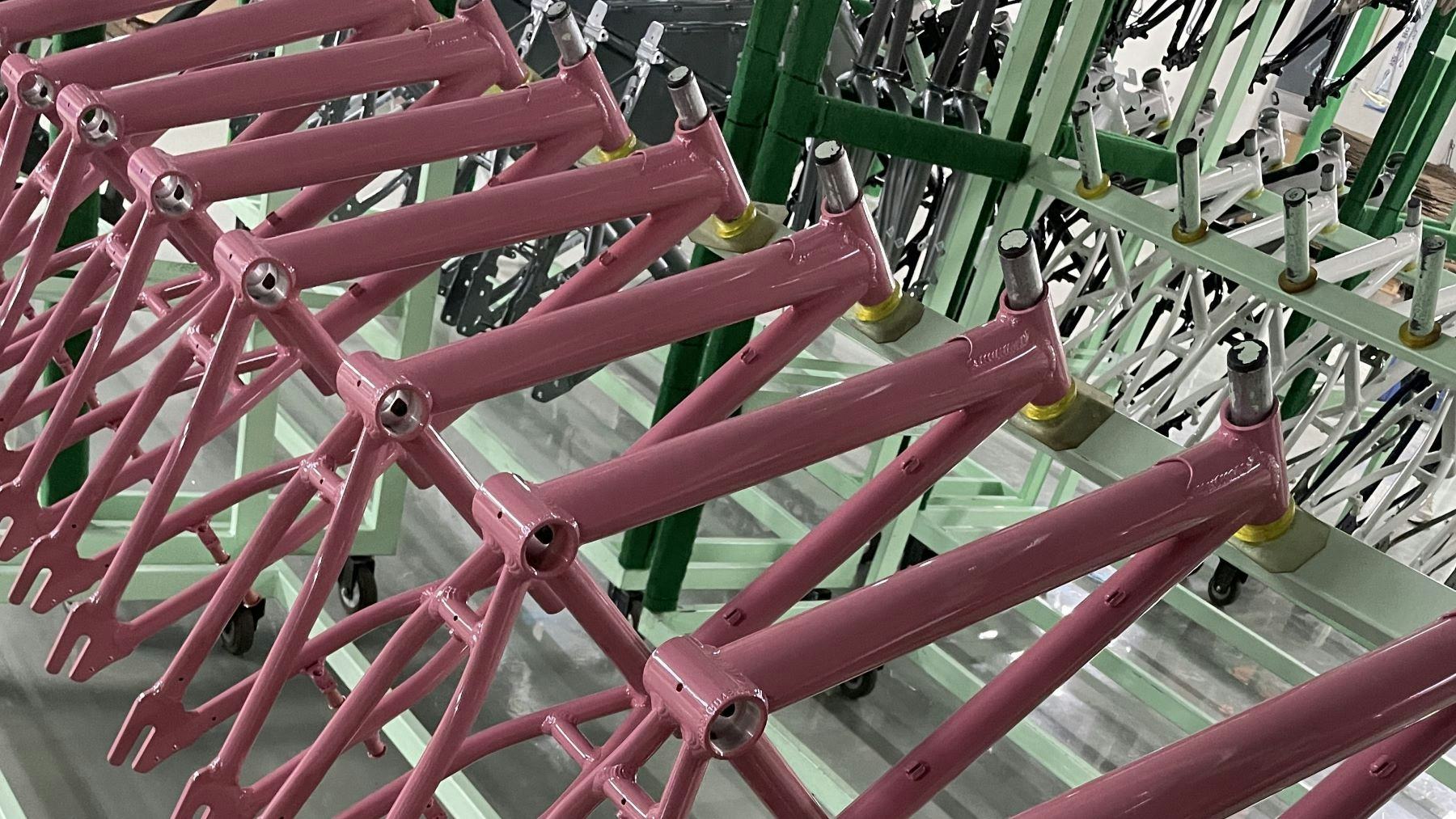From the precision of cranks to the reliability of power meters, Rotor's components are designed with the aim of enhancing both performance and comfort for cyclists. Each product reflects a focus on improving the cycling experience through innovation and careful design. The Spanish supplier offers its own range of products while also collaborating with bike brands to develop custom ODP products.
It all started in a small machine shop in Madrid, and soon led to global recognition”
Rotor’s journey in cycling component production began in 1994, rooted in a commitment to pushing the boundaries of technology and engineering. Starting from a small machine shop in Madrid, the company quickly gained international recognition for its innovative crankset designs and high-performance products.
As the supplier started to grow, so did its commitment to in-house component production. Instead of relying on external parties, the company decided to control the entire manufacturing process in-house, from design to production. This means that it currently has a supply chain of which is 95% based in Europe.
Transitioning to OEM
Innovation has been at the core of Rotor's philosophy since its start, with a focus on delivering high-quality components to the cycling aftermarket. Initially, the company concentrated on the primary marketplace, where its innovations quickly gained attention. Two decades later, Rotor began to see significant success in the OEM channel. Manufacturers worldwide started incorporating Rotor components into their product lines, enhancing specifications across cycling categories such as road, MTB, gravel, and e-bikes.
With offerings ranging from durable aluminum cranksets to high-performance carbon cranksets, as well as 1x13 group sets and power meters, Rotor’s presence in the OEM market has grown steadily. The number of OEM customers continues to increase, alongside the diversity of specifications within each category.
E-bikes
An OEM product that has had a significant impact on the market is the Etor drive. Rotor developed the Etor drive interface for high-performance e-bikes, replacing the poor-performing pedal crank arm interface on e-bikes with a center motor. This innovation has created a performance improvement for higher-end e-bikes, which is a growing segment of the bicycle industry.
Cranks
The crankset remains at the core of Rotor's drivetrain offerings. Designed for a balance of lightness, stiffness, and durability, these cranksets cater to the needs of demanding cyclists while offering OEM customers a distinctive product to enhance their bike models. Rotor also provides OEM-driven power upgrade options, enabling brand clients to expand their product offerings and revenue potential.
This article is sponsored by Rotor.

